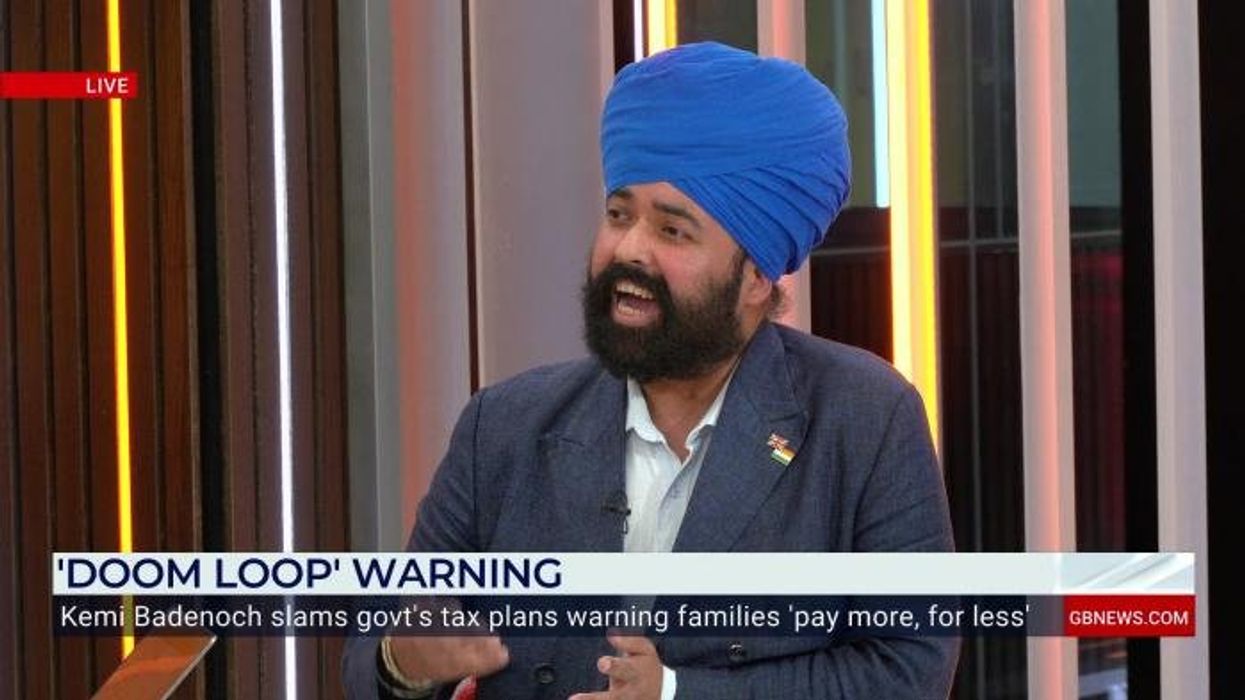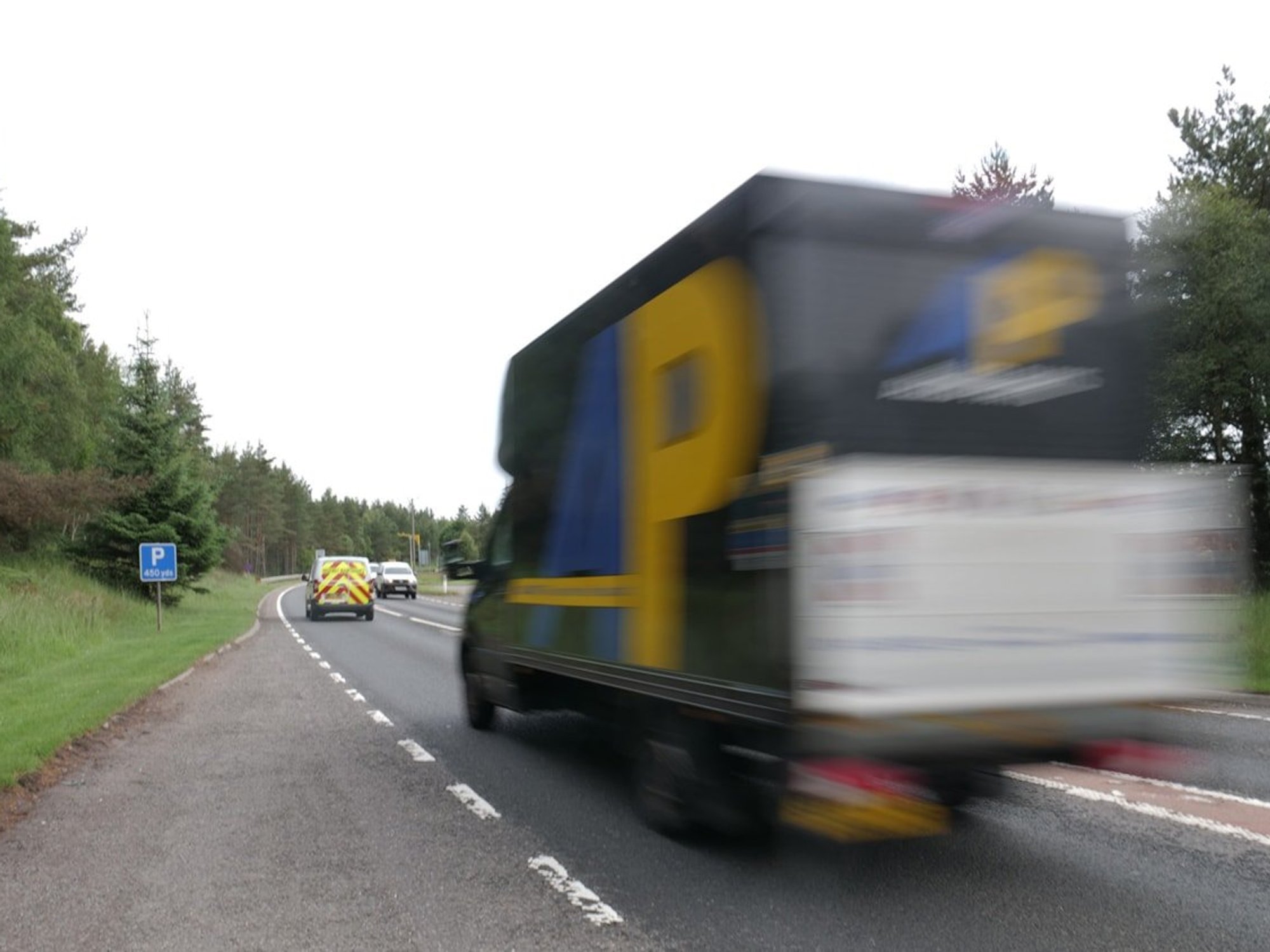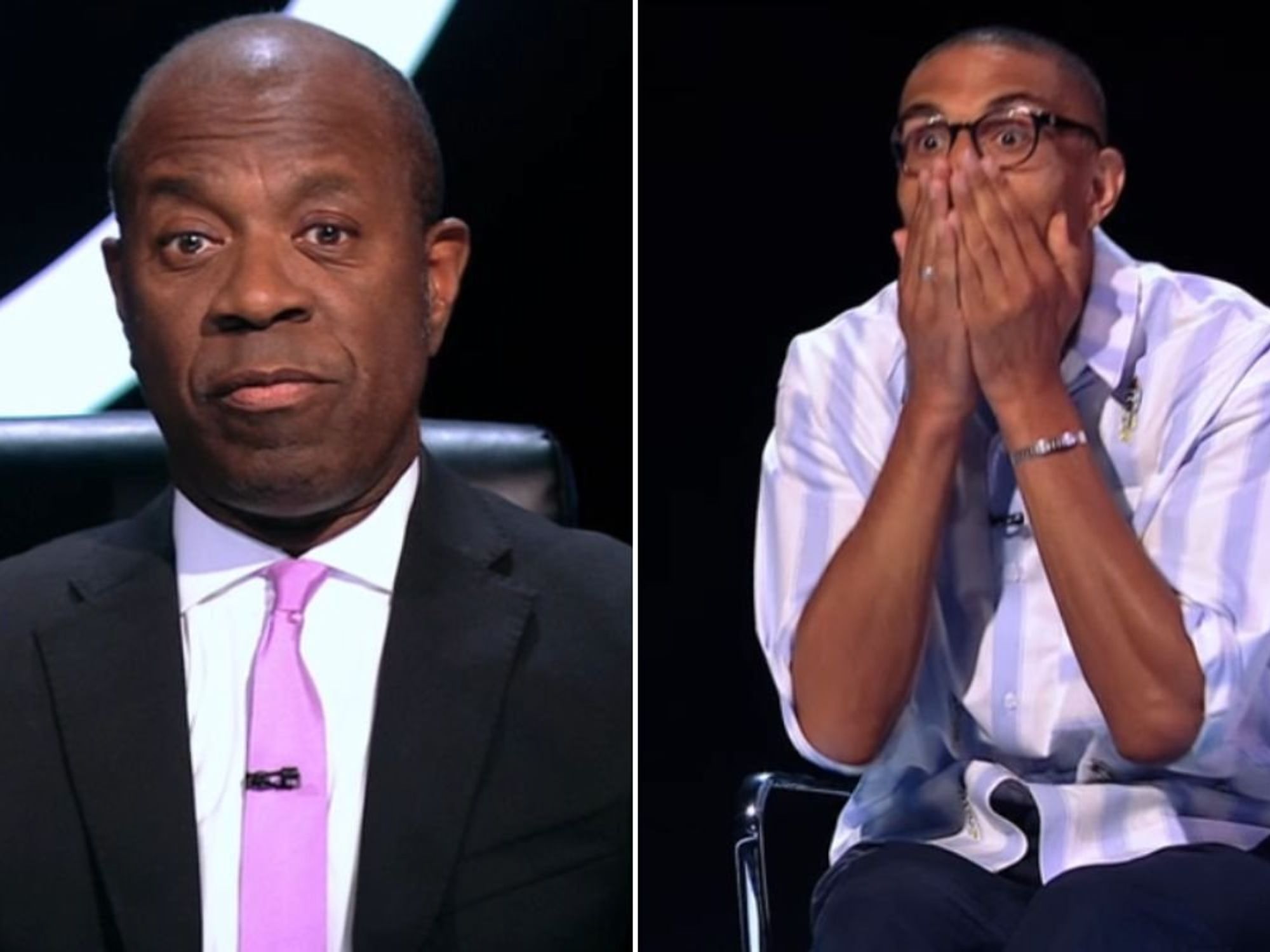Rachel Reeves risks delivering 'hammer blow' to millions of Britons with £7billion Budget fuel duty cut

'At a time when many budgets are stretched thin by cost-of-living pressures, we need to be honest about the real-world impact of fuel duty increases'
Don't Miss
Most Read
Experts are warning that British motorists could be slapped with huge costs if the Chancellor unveils changes to fuel taxes in the upcoming Budget.
Chancellor Rachel Reeves is set to outline the Government's spending decisions in the Autumn Budget on November 26, where she has already warned that tough decisions will need to be made.
One of the biggest changes that could be made for motorists is the decision around the 5p per litre cut to fuel duty, which was first introduced in 2022.
Following the Russian invasion of Ukraine, petrol and diesel prices started to spiral, with then-Chancellor Rishi Sunak announcing a temporary 12-month cut of 5p to the price of petrol or diesel.
TRENDING
Stories
Videos
Your Say
This has been extended continually, with Chancellor Rachel Reeves announcing in last year's Autumn Budget that it would be extended again until March 2026.
However, with the Government now facing a £50billion financial black hole, Labour could attempt to claw back billions of pounds with fuel duty.
The Road Haulage Association has issued a fresh warning to the Chancellor, warning that scrapping the fuel duty freeze could increase household living costs by £7.3billion between now and 2029.
New research shows that changes to the 5p fuel duty cut would lead to higher pump prices and distribution costs, pushing up the cost of food and energy.
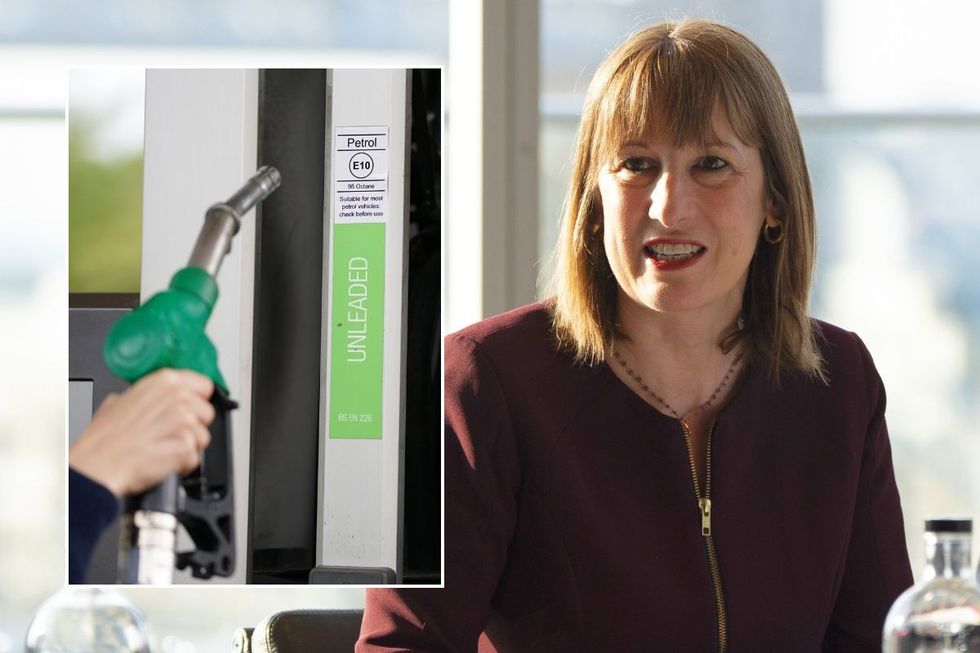
The Road Haulage Association has urged Chancellor Rachel Reeves to maintain the fuel duty freeze
| PAAt present, RAC Fuel Watch shows that a litre of unleaded petrol costs 135.56p on average, while diesel drivers are paying around 143.26p.
If the 5p freeze were to be scrapped, drivers would face more expensive charges at the pumps, especially if retailers fail to address disparities in price around the UK.
Richard Smith, managing director of the RHA, said: "Diesel costs more here than anywhere else in Europe, and over half of every pound at the pump already goes to Government.
"Road freight transport firms keep shops stocked and building sites running, but they've been squeezed in recent years.
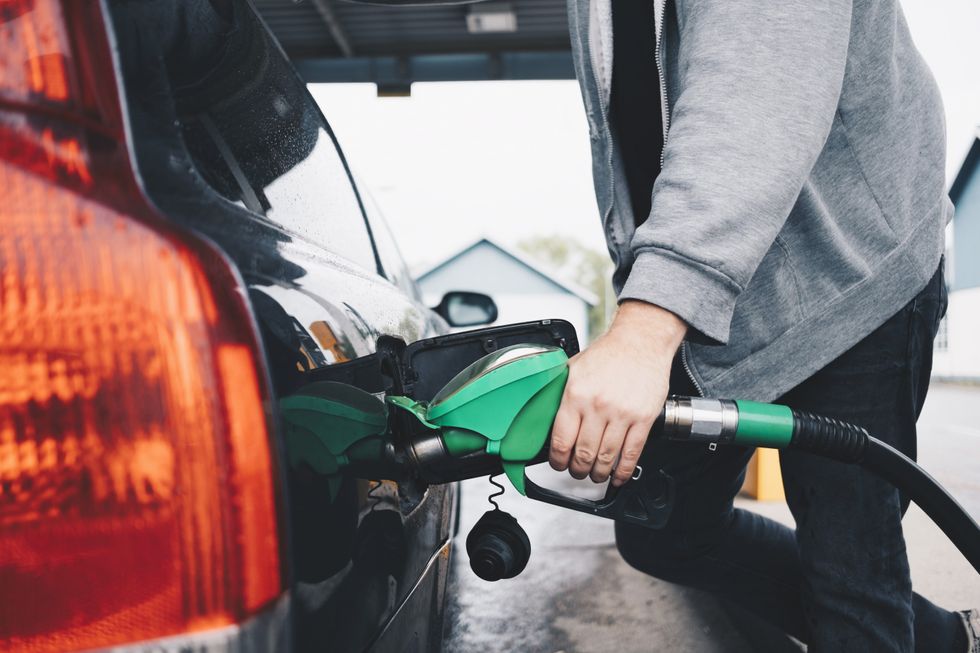 The Fuel duty cut is currently frozen until March 2026 | GETTY
The Fuel duty cut is currently frozen until March 2026 | GETTYLATEST DEVELOPMENTS:
"A fuel duty increase would be a hammer blow to a key industry already operating on tight margins."
Research from the RHA shows that a five pence increase could force up overall consumer prices by 0.3 per cent, at a cost of £2billion annually.
The average car-owning family would pay around £100 extra annually at present, although this would rise to around £360 in four years.
Mr Smith acknowledged that costs will be forced into the supply chain, meaning households pay more for their weekly shop and energy bills.
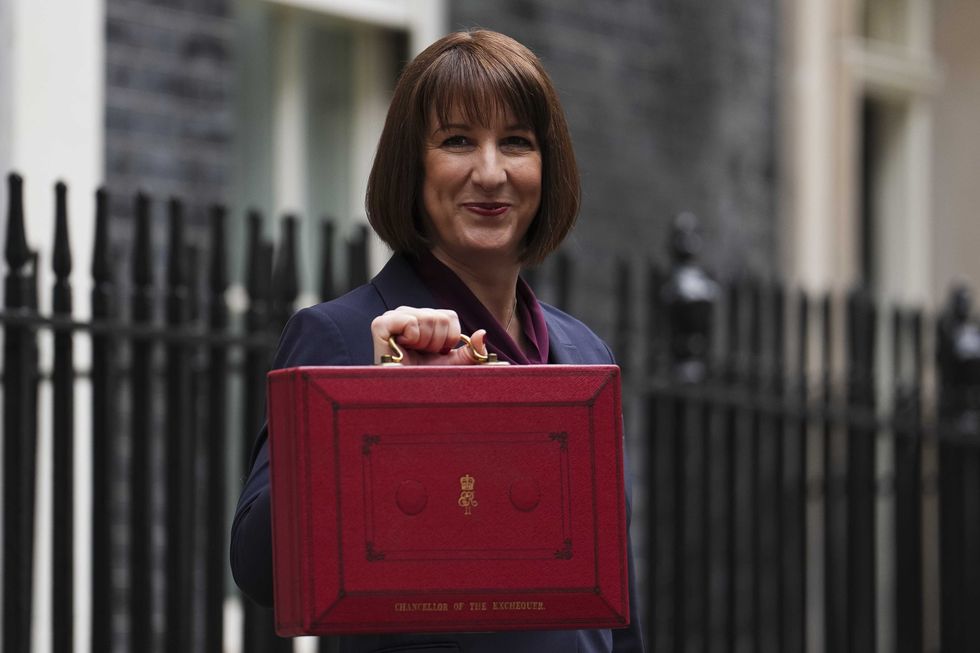
Chancellor Rachel Reeves will unveil the Autumn Budget on November 26
| PAHe continued, saying: "We're urging the Government to keep fuel duty frozen. At a time when many budgets are stretched thin by cost-of-living pressures, we need to be honest about the real-world impact of fuel duty increases."
The expert said the fuel duty call was not about "just motorists", but rather the impact it would have on the whole country and the economy.
A spokesperson from HM Treasury told GB News that it does not comment on speculation about future changes, noting that the Chancellor will make tax policy decisions at fiscal events.
They added: "We extended the fuel duty cut this year, saving drivers £3billion, and increased the National Living Wage giving a pay boost of up to £1,400 a year for millions of eligible workers.
"Changes to tax and spend policy are not the only ways of strengthening public finances, as seen with our planning reforms which are expected to grow the economy by £6.8billion and cut borrowing by £3.4billion."


